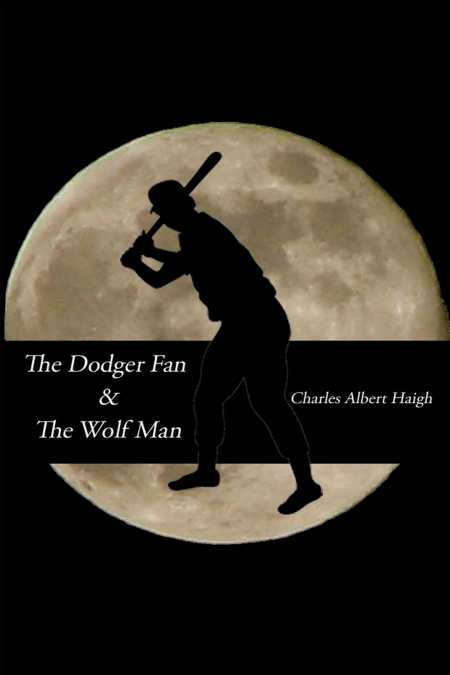
The Dodger Fan & the Wolf Man
Racism in the Deep South in the Year of Our Lord MCMLIV (1954) (As Seen Through the Eyes of an Eleven-Year-Old White Boy)
This coming-of-age novel set against the racial tensions of the South in the fifties will resonate with preteens who’ve been bullied.
The Dodger Fan & the Wolf Man by Charles Albert Haigh is a coming-of-age novel that examines the racial tensions of the South in the 1950s and the historical significance of Jackie Robinson’s career through the narration of eleven-year-old Elton Abraham Hayes, who faces a bully on the bus—a highly relatable problem for preteens.
Billy Ray Johnson tells Elton he has until Monday to pick a favorite baseball team or else—and it better not be the Brooklyn Dodgers because “all Dodger fans is dirty nigger lovers.” As Elton ponders his choice, he has mysterious encounters with changelings and shape-shifters that influence people and events around town and confuse and frighten Elton. The resulting uncertainty about those around him causes Elton to instead become sure of who he is and what he believes. Elton’s personal transformation is the most powerful part of the story.
The Wolf Man in the title is drawn from a movie Elton sees and references—and it’s the source of the supernatural elements of the story. The Wolf Man begins as a symbol for fear and cowardice, but becomes a symbol of the courage it takes to stand up to racism.
The plot follows supernatural elements that spur Elton’s change rather than focusing primarily on his change in character. This is most evident in the faulty narrative pacing; Elton’s pivotal moment of change happens only midway through the book. While young readers enjoy the type of action and suspense that fill the rest of the book, the early completion of the character arc makes it feel like action for action’s sake rather than events that spur meaningful change in the character’s life—once the deep change has occurred in Elton, the story’s urgency is diminished.
Casual word usage (“nothin”) fits the character and tone of the story. The overuse of ellipses makes the dialogue feel overburdened, working too hard to convey the sound of speech. Ellipses are also often used where a comma would be a better fit: “Finally…most important of all…is the fact she underpays me for cuttin grass.” Conversational opening phrases such as “What happened was…” and “Just so you’ll know…” make Elton sound realistic, but their overuse slows the text.
The novel is geared for young readers—those who will most likely identify with a preteen narrator. As a result, Haigh defines some words in parentheses, as Elton explains: “Case you’re wonderin, I use a thesaurus when I write and sometimes put a second meanin for words in parentheses, like situated (located), so younger readers will understand. Just so you’ll know.” Using context to define words would be a more effective authorial choice to grow vocabulary. Additionally, most young readers who are confident enough to tackle a book of this length are able to understand text without having words like “compromise” defined for them.
The book uses words like “colored,” “nigger,” and “negro,” staying true to the era. Parents and teachers need to be aware of the intense bullying and racism in the story, which may be overwhelming to children.
The Dodger Fan & the Wolf Man attempts to merge racial themes and supernatural elements. Preteens who enjoy fantasy will be inspired by Elton’s boldness.
Reviewed by
Melissa Wuske
Disclosure: This article is not an endorsement, but a review. The publisher of this book provided free copies of the book and paid a small fee to have their book reviewed by a professional reviewer. Foreword Reviews and Clarion Reviews make no guarantee that the publisher will receive a positive review. Foreword Magazine, Inc. is disclosing this in accordance with the Federal Trade Commission’s 16 CFR, Part 255.
